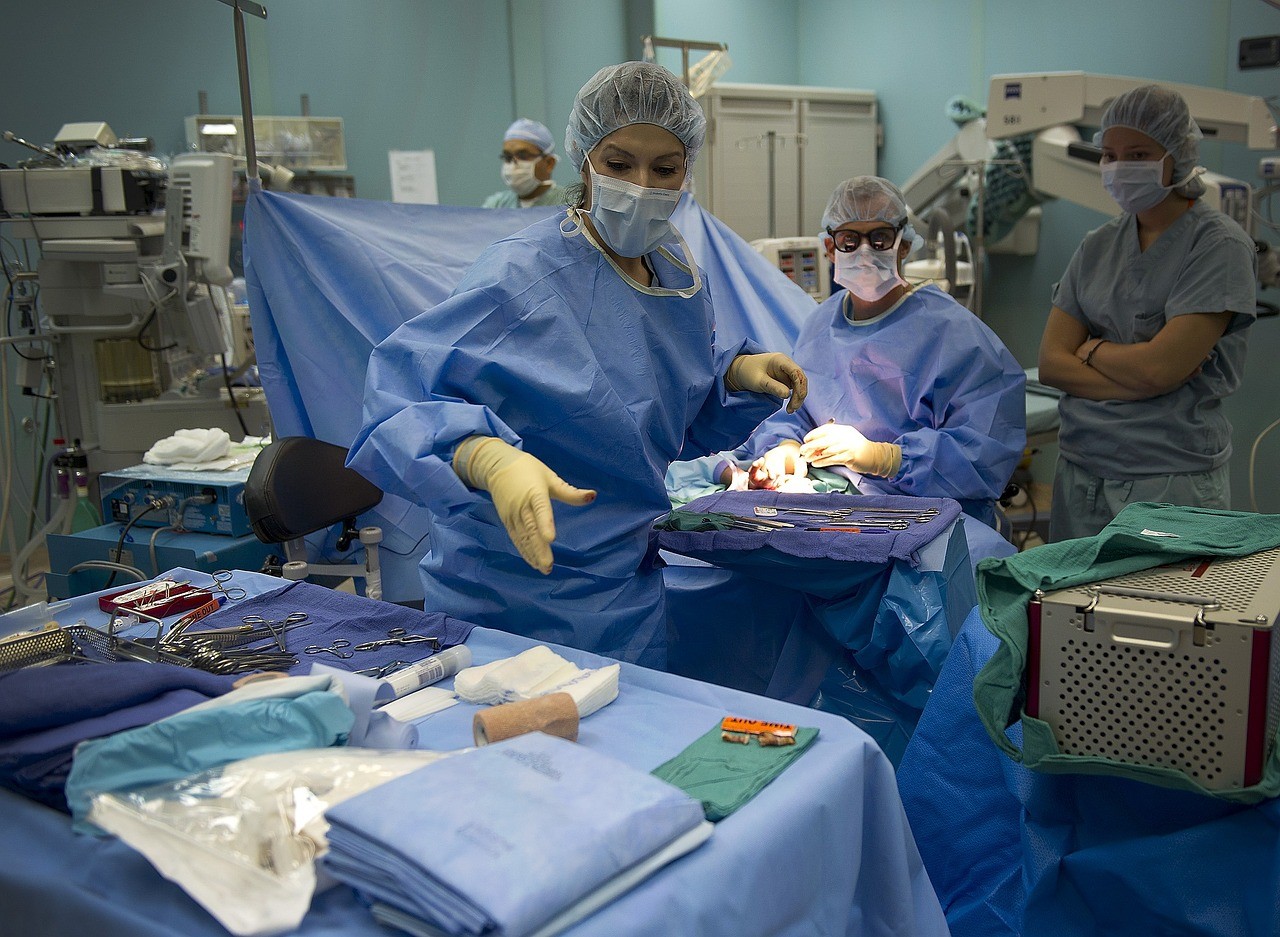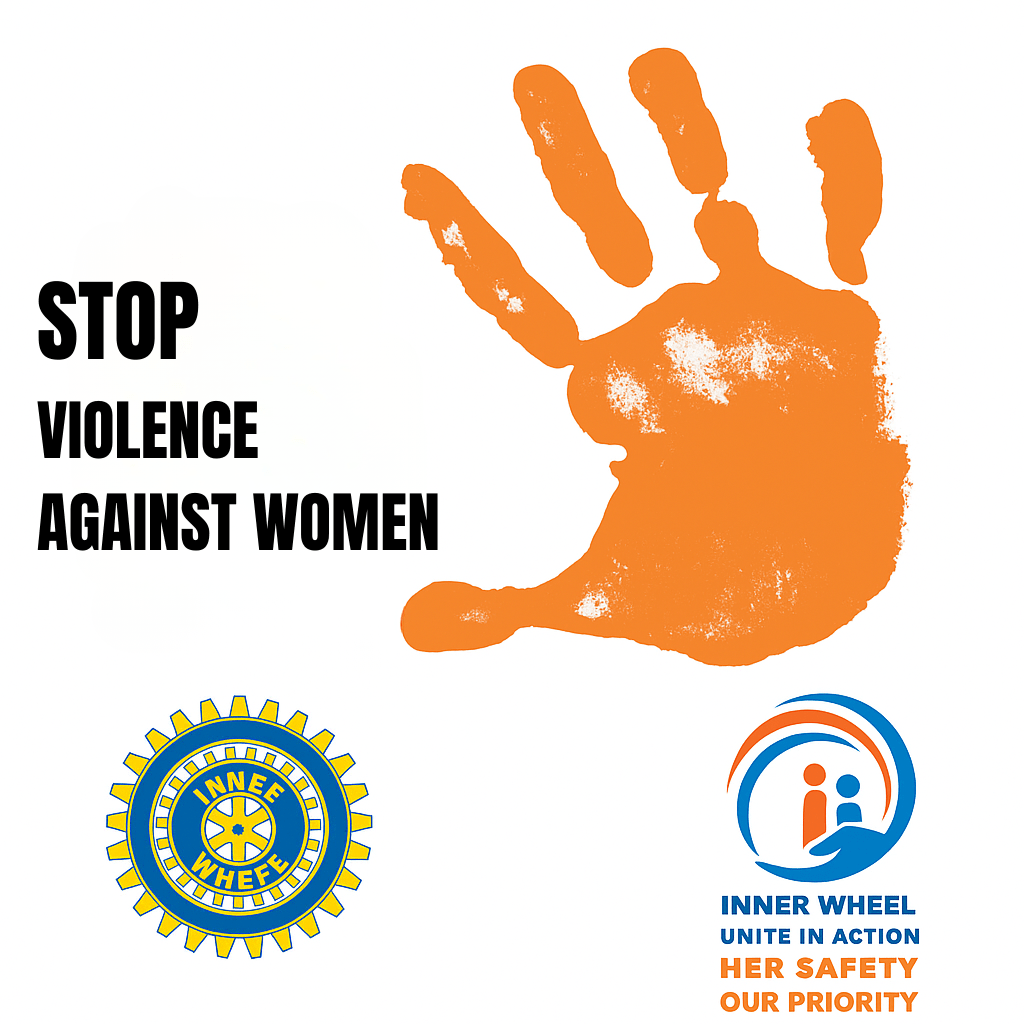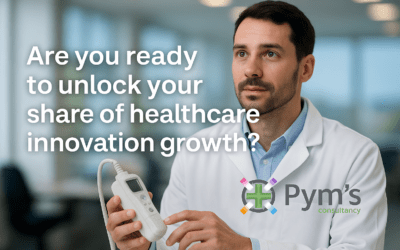World Patient Safety Day was established by the World Health Assembly in 2019 and is now observed every year on 17th September, recognising that patient safety is a global health priority.
The aim is to raise awareness about patient safety and encourage a globally coordinated and concerted effort to address patient safety issues.
It’s an opportunity for health care leaders and policy makers to show their commitment to patient safety alongside families, carers, communities, health workers and patients themselves (although some may feel that this is an exercise in lip-service).
This year, the focus is on engaging patients themselves in the role they can play.
Evidence has shown that when patients are involved in their own care, significant gains are made in patient satisfaction and health outcomes. This is why so much emphasis is placed on Patient and Public Engagement and Involvement when launching new products and services.
The World Health Organisation has adopted the slogan ‘Elevate the voice of patients’ and is calling on stakeholders to take action to ensure that patients are involved in the making of policies, that they are engaged in co-designing safety strategies and are actively involved in their own care.
To achieve this, we need platforms on which patients, their families, and communities can express their concerns and make their voices heard. Patients and their families should feel empowered to take an active role in their own health care and the improvement in patient safety for all. Currently there is an environment of distrust and scepticism that senior clinicians will be heard. Therefore, assuring patients that their views are valid and will be taken into account will be harder than ever.
Here at Pym’s Consultancy, we’ve been involved in a number of projects aimed to improve patient safety.
One such project is our work with Tutum Medical, who were approached by Sheffield Children’s Hospital, which was moving children from nightingale wards to a large number of single-bed rooms. They were concerned that bedside alarms would go unheard. BEAMS was introduced to solve the problem, a listening device with a cloud interface triggering an audible spoken alarm from wall speakers, and a visual display of location, device, and type of alarm. This means that staff can rapidly identify crucial alarms, and where they are located, saving precious time in responding to alarms.
Wards become safer, quieter and more efficient with staff able to prioritise and designate workflows.
We’ve also worked with Rainbow Trays. Who have introduced a simple, but revolutionary tray to be used by anaesthetists which helps to prevent accidentally picking up the wrong syringe during a surgical procedure and making it easier to find the right one! This can be especially important when a patient has an abnormal response to surgery or anaesthesia and seconds count.
It would be great to see World Patient Safety Day celebrated by patients being made aware of their rights and responsibilities, so they feel more empowered. We’d like them to know what questions to ask about their treatment plan and how to play a more active role in their own healthcare decisions.
Wouldn’t it be amazing if Government and NHS Trusts were prepared to allocate budget to patient safety, and not have this as an afterthought? The true impact on a hospital trust of failure to ensure patient safety is only seen in litigation costs, which are so far removed from individual hospital departments that there is no link between budget and consequence. Furthermore, those making decisions about how relevant this spend is, will probably not be in post by the time consequences occur.
More collaboration is needed between healthcare professionals, patients, policymakers, researchers and commercial providers and manufacturers to discuss the challenges in patient safety, share best practices and to facilitate the delivery of innovative solutions.
In short, we’d like to see a more joined-up approach to patient safety with collaboration on a global scale.
If you’d like to speak with us about any aspect of patient safety, please feel free to get in touch. The initial consultation is always without obligation and free of charge.



